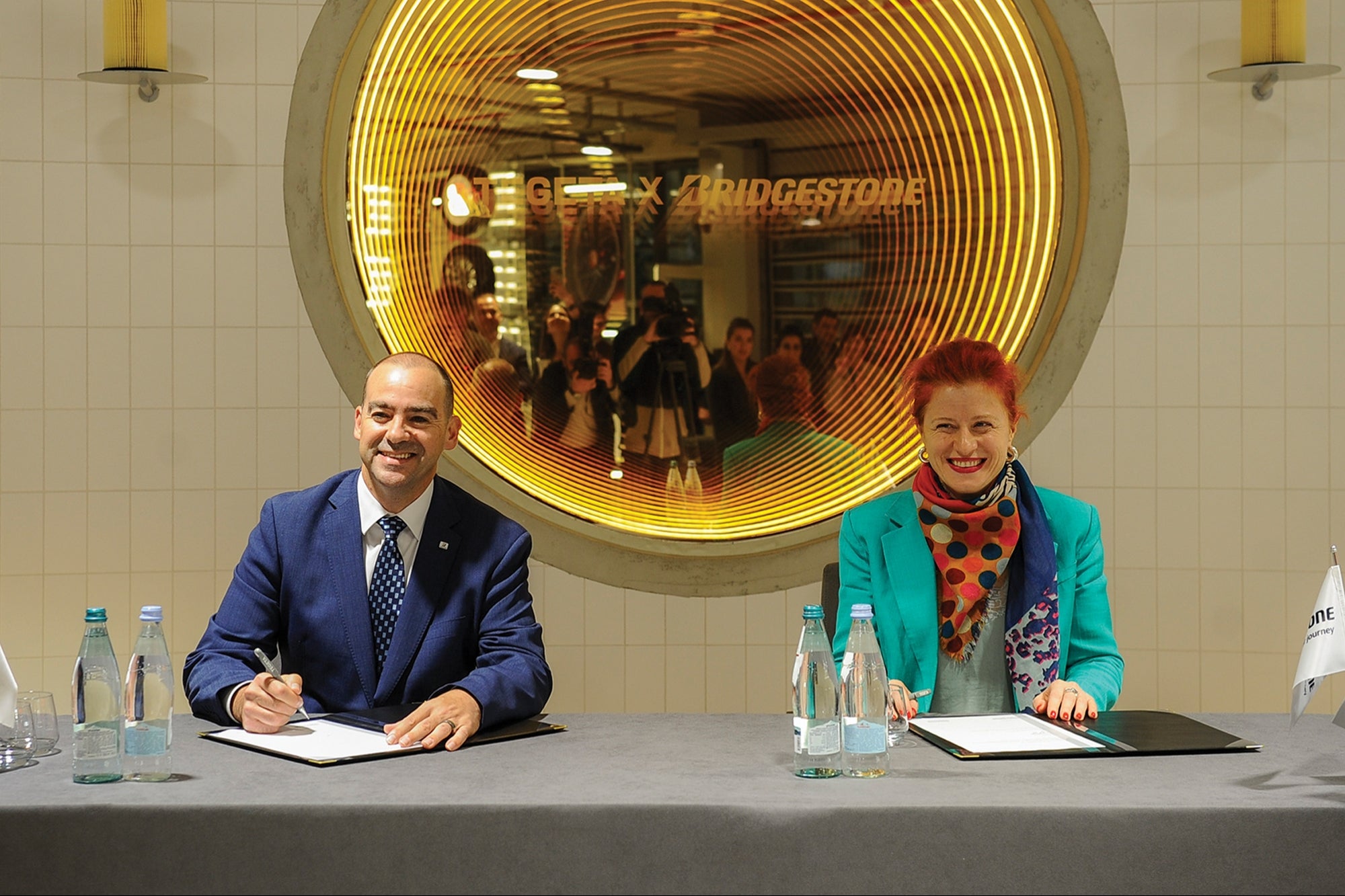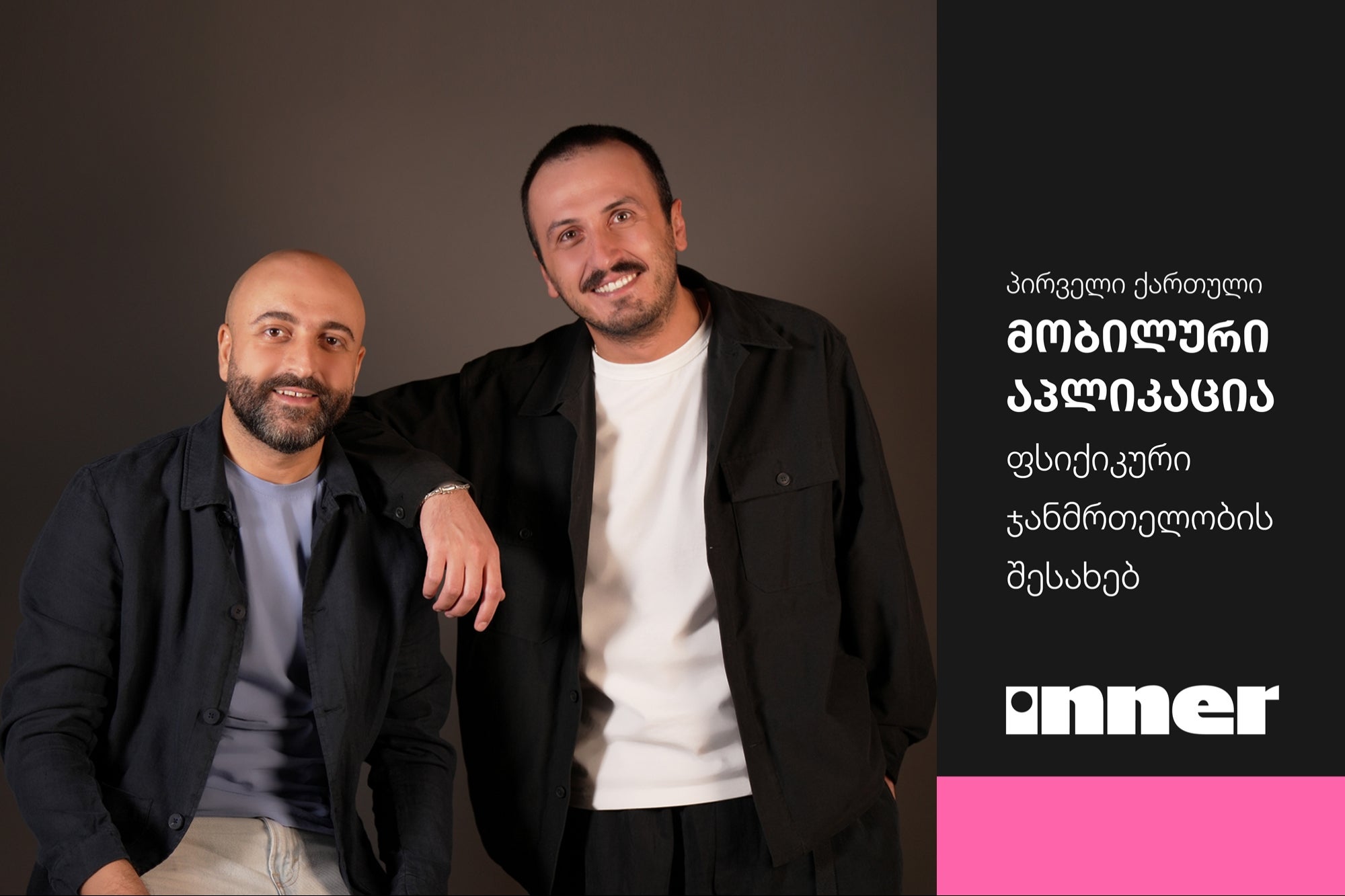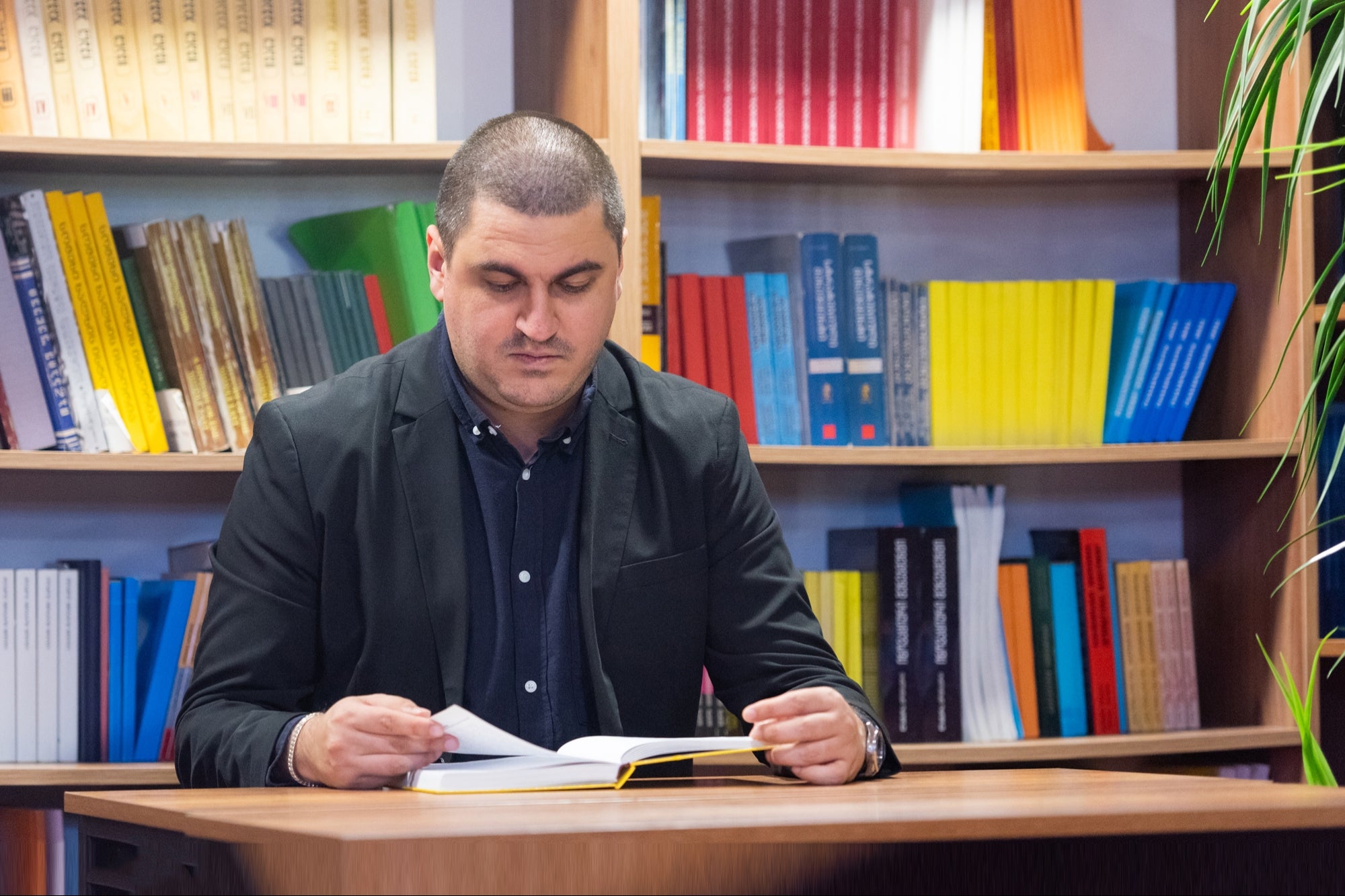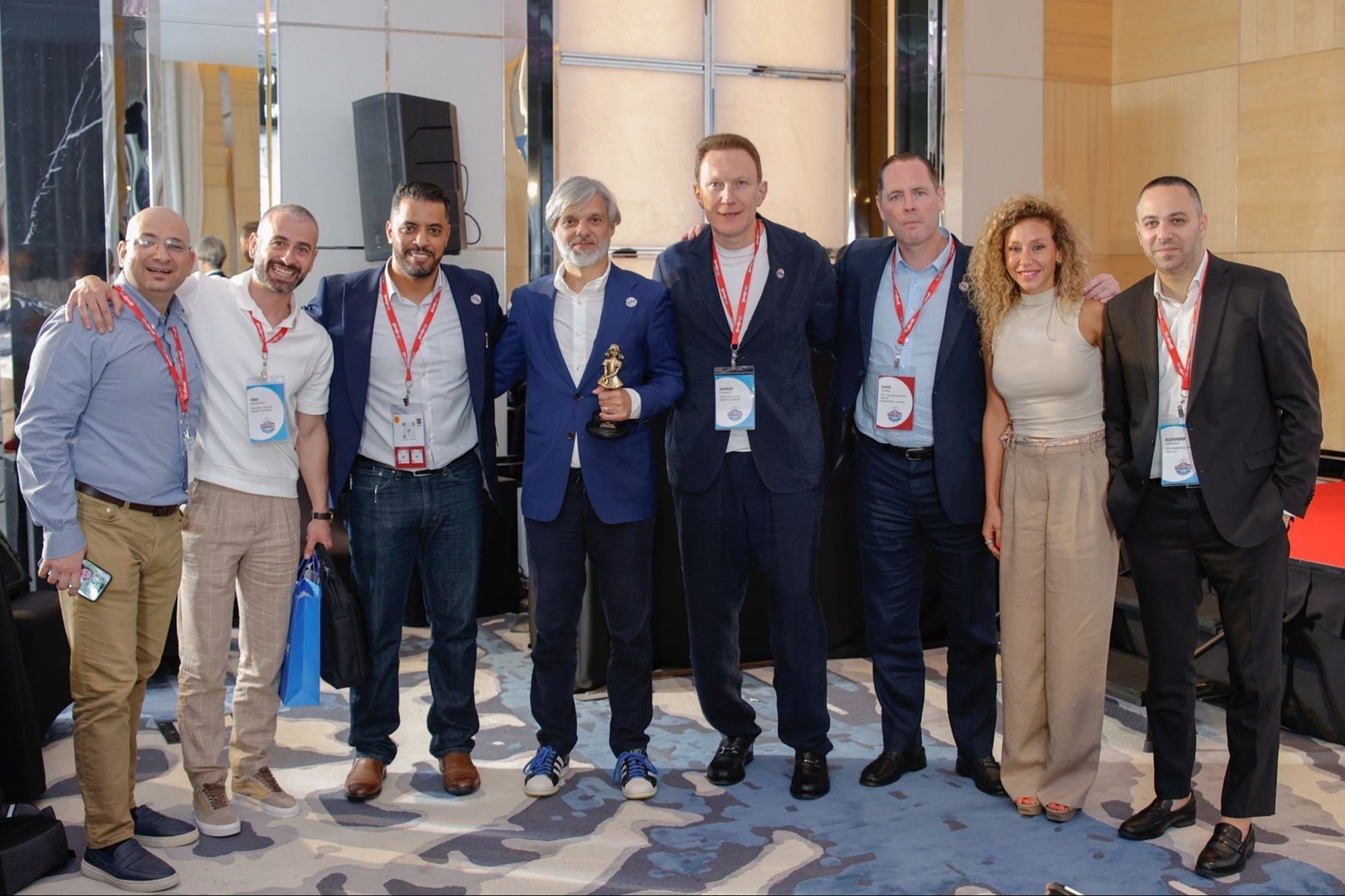An Educator's View on Navigating the Complexities of Modern Investments
By Mae Cornes
Opinions expressed by Entrepreneur contributors are their own.
You're reading Entrepreneur Georgia, an international franchise of Entrepreneur Media.

Photo courtesy of Fabio Dias
"The world of finance is increasingly run by those who use market flaws to enrich themselves rather than society at large," remarks Dr. Fabio Dias, founder and managing partner at Stalwart Holdings. This observation encapsulates the complex landscape of modern investments, where the line between wealth creation and exploitation often blurs.
Dias has a unique dual role as an academic and hedge fund manager, offering a fresh perspective on navigating this intricate terrain. His approach stands out in an industry characterized by self-interest and is grounded in rigorous econometric models and a commitment to accessible education.
Bridging Academic Excellence and Real-Life Practice
Aside from managing a hedge fund, Dias serves as the lead lecturer for financial modeling at the University of Surrey, consistently ranked among the top 10 U.K. universities for business and economics. He brings a depth of theoretical knowledge to his work at Stalwart Holdings.
"My academic background allows me to approach investment strategies with a level of rigor and scrutiny often lacking in the industry," he explains.
This fusion of academic insight and practical application is evident in Stalwart Holdings' investment philosophy. He founded the firm in 2020, and it employs the most sophisticated quantitative models and artificial intelligence to inform its trading strategies.
"Our AI model, which we jokingly call 'The Terminator,' has been instrumental in helping us navigate the complexities of the market," Dias reveals.
This unconventional stance has not gone unnoticed. In April-2024, a month marked by global economic uncertainty and where global stocks lost 3.55% (as measured by the MSCI ACWI Index), Stalwart Holdings protected capital and lost only 0.95%. At the same time, in the first three months of 2024, when global stocks were reaching record highs and gained 8.21% (measured by the same index), Stalwart Holdings delivered strong returns, gaining 7.45% in the same period, outperforming many of its peers.
As opposed to most of the alternative investment fund industry, Stalwart Holdings does not charge any performance fees. The net result is that when markets go down, they protect capital; when markets go up, they go up together. The firm's success is proof of the effectiveness of its data-driven, fee-conscious approach.
Sharing Insights With The World
Asked how this can be achieved, Dias replies with some insights.
"The main principles have always been the same and are listed on our website. All four pillars contributed to our performance this year at different points of the year. Actually, the four pillars have been consistently contributing to our performance since we launched in the second half of 2020."
"Our investment strategy has four drivers: momentum factors, value factors, risk parity hedging and behavioural finance exploitation. Let's discuss how each of them contributed to our performance this year so far."
"Momentum factors is a complicated way of saying that companies that have been doing well most likely will continue to do well while companies that have been doing poorly most likely will continue to do poorly. Therefore, dedicating some of the portfolio to the hot successes of the time like the mega cap US technology companies certainly helped. And, at the same time, we did not have drags in our portfolio by avoiding companies that fell too much recently."
"The average investor tends to get attracted to buying companies whose shares fell too much recently and are 'cheap' just for the sake of being 'cheap'. This is a trap - they are 'cheap' for a reason and most likely will get even 'cheaper' before they are worthy of a serious look."
"But it doesn't mean that we should avoid cheap stocks. We just avoid the 'cheap' ones but not the ones that are truly cheap. That's where the value factors come into play. Some well established companies in the UK are truly cheap as they have strong balance sheets, strong cash flow generation, pay good dividends and have a global presence, being diversified away from any political issues that may affect the UK and the country's economy."
"I don't think many people noticed that these UK companies actually increased in price in April-2024 while the rest of the market was going down. As we had some of them in our portfolio, the blow of the market meltdown was softened."
"But it didn't stop there, the risk parity factor came into play as well. Everyone knows that the US Dollar is the main reserve currency of the world. It has been like that for more than half a century and while the Chinese Renminbi may catch up one day, it is still a long time until that happens - if that happens. Being the reserve currency of the world, it means that whenever people need reserves they will have to buy US Dollars. And when is the time that people really need reserves? When the global markets are falling."
"We take advantage of that by having a model-driven exposure to the US Dollar as a risk parity hedge. By risk parity I mean the optimal allocation of risk between exposures to global equities and the US Dollar follows a well-behaved mathematical relationship, and we know our maths to be able to find that well and use it to cushion blows of market downturns."
"And finally here comes the behavioural finance part. People overreact to bad news. Let me give you an example: back in 2020 a considerable part of the society was thinking that COVID would stay forever, we would need to live in semi-permanent lockdowns and the old style of living would never come back."
"Fast forward to 2024 and we can see that this was definitely not the case. But we just can't help ourselves and we will always think like that: we are emotional beings with our brains hardwired to behave like that. This is called 'negativity bias' and researchers believe it came out of evolution: earlier in human history, if you did not pay extra attention to the negatives, like a predator or an enemy ready to chase you, you would die. So the people who survived passed on to their descendants' DNA the 'negativity bias' that helped perpetuate the human species."
"Having said that, similar behaviour can be seen on global equity markets. They overshoot on the bad side due to the same evolutionary factors, and if you have an AI model that is not an emotional being and is hardwired to identify when emotional beings are being too emotional, you get an edge."
"In April 2024 the markets started to overreact and halfway through the month our non-emotional being told us to take a small long position because the market was getting ahead of itself on pessimism. And our non-emotional being was correct. So we got another contributor to our capital preservation strategy," explained Dias.
It's clear from Dias' explanation that he is an enthusiast of complex models being applied to investment management. However, not all share Dias' enthusiasm for modern financial theories. Critics argue that the reliance on complex models can detach investment strategies from the economic realities of the average investor.
The Path Forward
Despite these criticisms, Dias remains optimistic about the integration of technology and education in finance. "The future of investment is not just in algorithms or economic models, but in our ability to educate and adapt," he reflects. This philosophy guides his professional strategies and shapes the next generation of financial experts.
This 2024, the global investment landscape remains uncertain. The IMF projects global growth to remain steady at around 3.2% over the next two years, with inflation expected to decline gradually. In this context, educators like Dias have a crucial role in helping investors deal with modern finance's complexities.
"Finance, when used responsibly, has the power to create wealth and drive economic growth," Dias concludes. "It is our job, as educators and practitioners, to ensure that it serves the interests of society as a whole, not just a select few."
Truly, Fabio Dias' insights provide a valuable lens through which people can understand today's investment landscape, making a compelling case for the fusion of education and practical application in finance.









